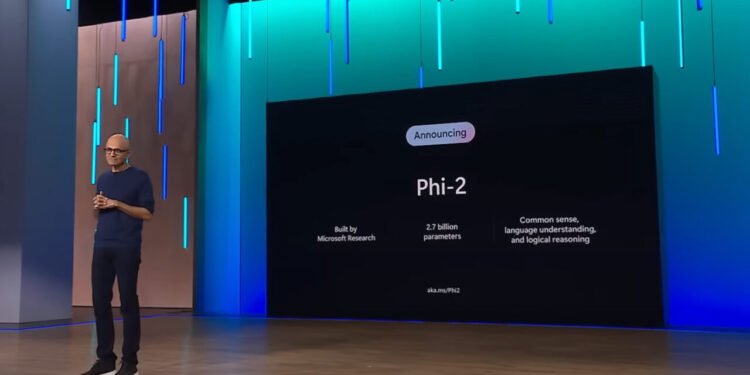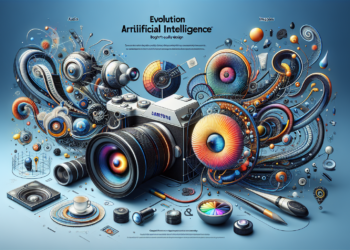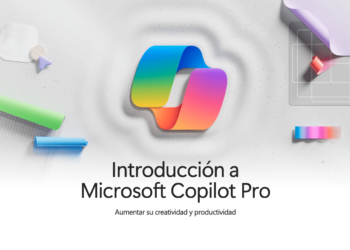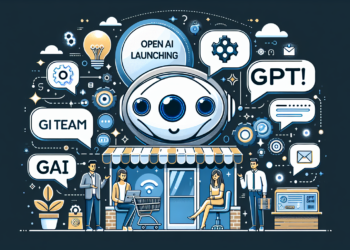In an era where artificial intelligence (AI) is rapidly becoming an integral part of our technological fabric, Microsoft has launched a remarkable innovation: the language model Phi-2. With just 2.7 billion parameters, Phi-2 is challenging the conventional notion that “bigger is always better” in the world of AI.
Phi-2, a development from Microsoft Research, stands out for its ability to outperform much larger models, such as Meta Platforms Inc.’s Llama 2 and Google’s Gemini Nano. This achievement is significant because Phi-2 is up to 25 times smaller than some of the models it outshines. The key to its performance is attributed to its training on “textbook-quality” data and the implementation of innovative techniques that enable knowledge transfer from smaller models.
The relevance of Phi-2 is not limited to its size or efficiency. It’s the model’s performance on a variety of complex tests that truly impresses. These tests range from reasoning and language comprehension to mathematics and coding. Most notably, Phi-2 achieves this level of performance without employing techniques such as human feedback-based reinforcement learning or instructive tuning, which are commonly used to enhance the behavior of AI models.
Phi-2’s effectiveness in mitigating biases and toxicity, even without these techniques, further highlights its uniqueness. Microsoft credits this to its custom data curation technique. This careful attention to the quality of training data, combined with scaled knowledge transfer, not only enhances the model’s learning ability but also contributes to its ethical behavior.
Phi-2’s availability through the Azure AI Studio model catalog makes it an accessible platform for researchers and developers. This facilitates exploration in areas such as AI safety, interpretability, and the ethical development of language models. With Phi-2, Microsoft is not just advancing in the field of AI but is also laying the groundwork for a more responsible and sustainable approach to language model creation.
In summary, Microsoft’s Phi-2 model is a testament to innovative progress in the field of AI. It demonstrates that with the right focus on data quality and learning techniques, even smaller models can achieve and surpass the performance of their larger counterparts. Phi-2 not only redefines what’s possible in AI but also sets a new standard for the development of responsible and efficient AI technologies.






















